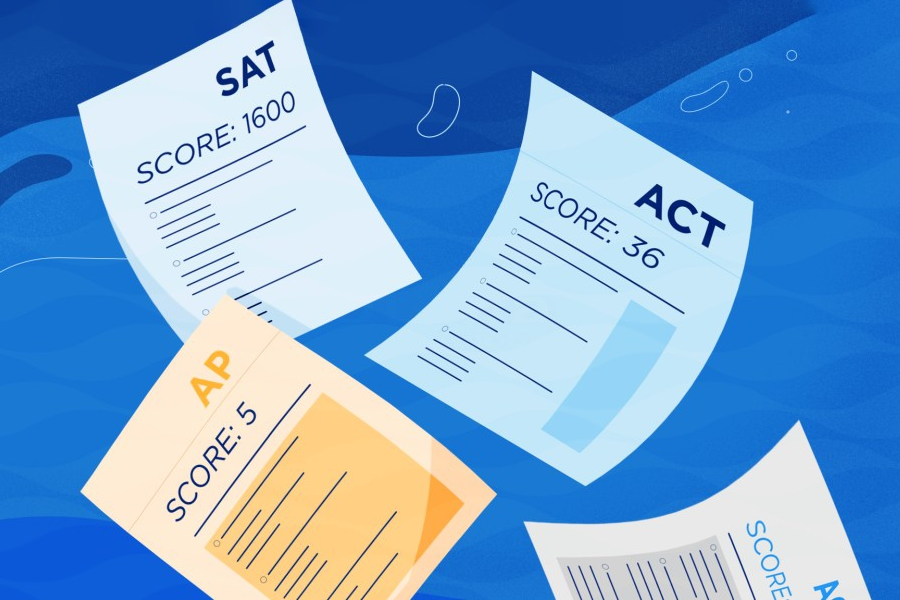
Navigating The Maze of Standardized Tests: SAT, ACT, A-Level, and IB
Understanding the landscape of standardized tests can be a daunting task for both students and parents alike. From the SAT and ACT to the A-Level and the IB, these examinations often play a crucial role in the admission process to universities and colleges worldwide. In this post, we will delve into the essential aspects of these four prominent exams: the SAT, ACT, A-Level, and IB.
Demystifying the SAT
The Scholastic Assessment Test, commonly known as the SAT, is a critical milestone for students aiming for colleges in the United States. Administered by the non-profit College Board, this test is designed to evaluate students' competencies in reading, writing, and mathematics.
The SAT has two main sections. The Math section covers areas like arithmetic, algebra I and II, geometry, and some essential trigonometry. The Evidence-Based Reading and Writing (ERW) section features reading passages and sentence completions to assess vocabulary and reading comprehension, while the writing segment includes a short essay and multiple-choice questions focusing on identifying errors and improving grammar and usage. Each section is scored on a 200 to 800 scale, making the total score range from 400 to 1600. There's also an optional essay that's scored separately.
ACT: More Than Just An Alternative to SAT
The ACT (originally American College Testing) serves as another widely-accepted college admissions exam in the United States. The ACT's structure encompasses four academic skill areas: English, Mathematics, Reading, and Science reasoning, alongside an optional writing test.
The English section emphasizes English grammar and usage, while the Mathematics section deals with topics from pre-algebra to trigonometry. Reading and Science segments assess reading comprehension and the skills required in natural sciences, respectively. Each section receives a score ranging from 1 to 36, with the composite ACT score being the average of these four sections. The optional writing test is scored independently.
A-Levels: A British Educational Pillar
Advanced Levels, or A-Levels, are subject-based qualifications predominantly taken in the UK and countries following the British educational system. Over two years, students usually study three or more A-Level subjects, with exams taken at the end of each year.
A-Levels range in grades from A* (the highest) to E (the lowest passing grade). The results play a significant role in UK university admissions, with institutions typically considering A-Level grades during the admissions process.
IB: An International Approach to Education
The International Baccalaureate (IB) Diploma Programme provides an internationally-recognized qualification for 16 to 19-year-olds. Notably broader than A-Levels, the IB requires students to study six subjects, three at a higher level and three at a standard level, over two years.
Apart from the six subjects, students must also complete three core elements: the Theory of Knowledge (TOK), an Extended Essay, and a project based on Creativity, Activity, Service (CAS). Courses are graded on a 1 (lowest) to 7 (highest) scale, with a maximum attainable score of 45, including additional points for TOK and the Extended Essay.
Conclusion
Each of these standardized tests – SAT, ACT, A-Level, and IB – has its unique aspects, offering different pathways to higher education. Understanding their structure, focus, and scoring system is crucial for students and parents to make informed decisions. While these exams can indeed seem overwhelming, remember that they are just one piece of the puzzle in the vast panorama of education and learning.
For further information, please contact me via Zalo 0917.202.430 to register one of these above exams




